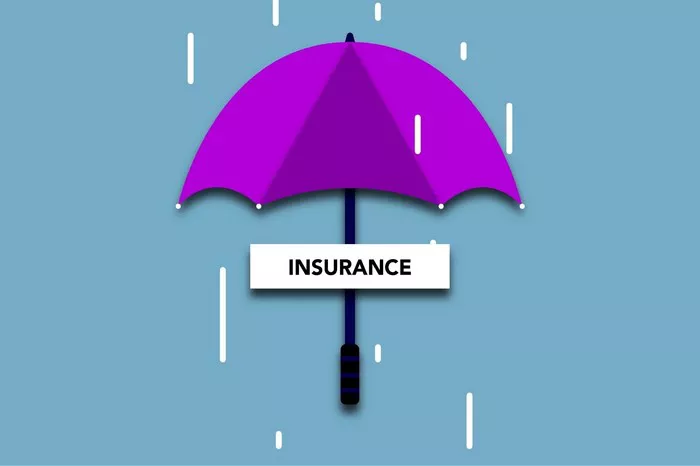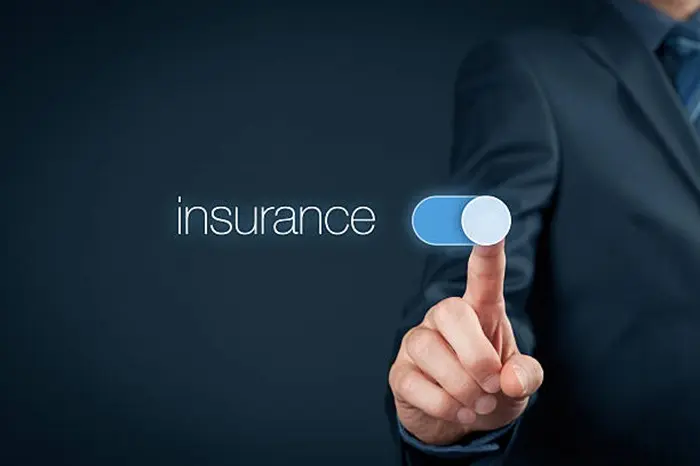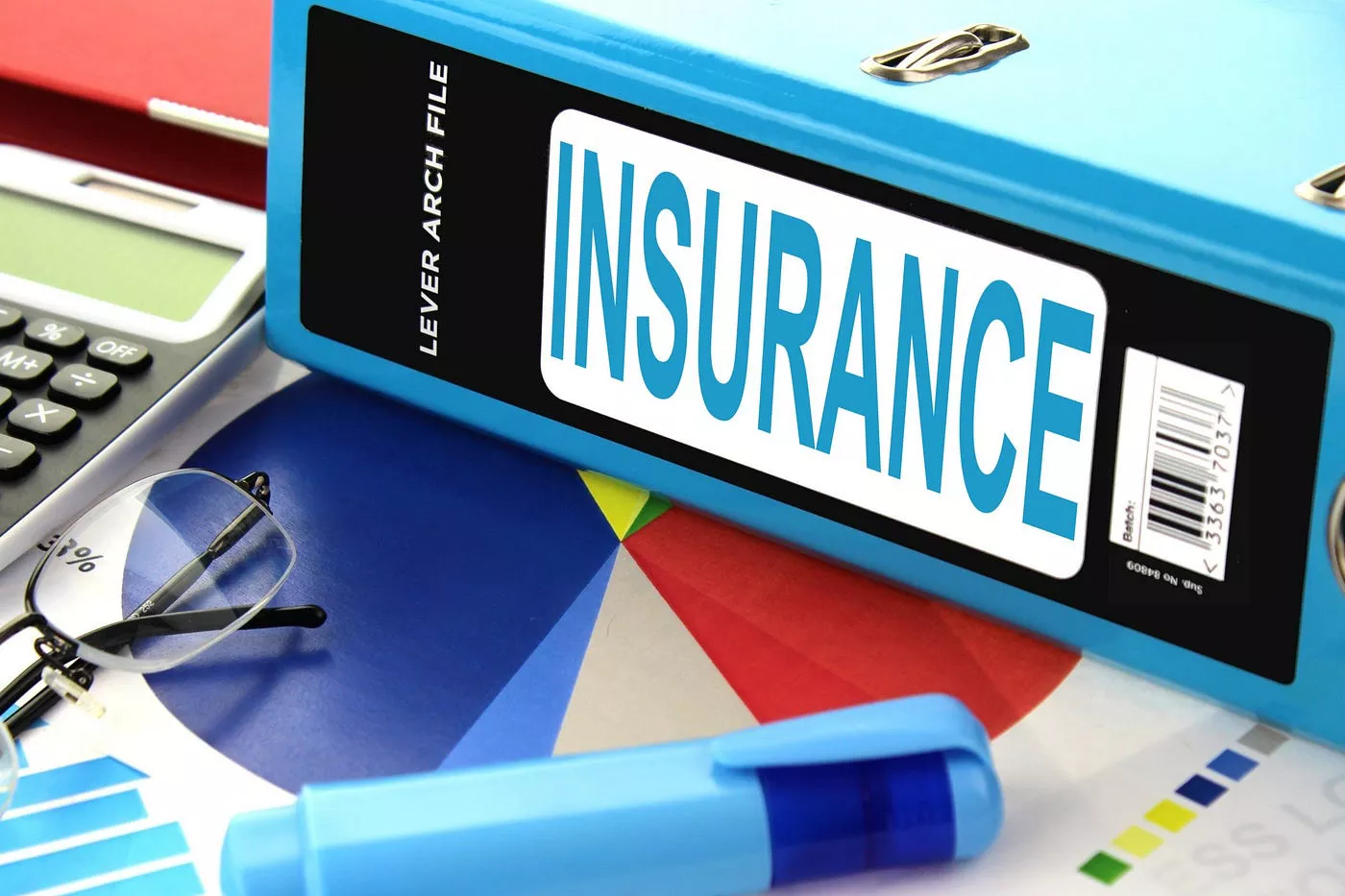Insurance is a crucial part of running a business, offering protection against risks that could lead to significant financial losses. Commercial insurance is a broad term used to describe various types of insurance policies designed to protect businesses from potential threats. Understanding what constitutes commercial insurance can help business owners make informed decisions about the coverage they need. This article aims to provide a detailed explanation of what commercial insurance is, the different types available, and why it is essential for businesses of all sizes.
What is Commercial Insurance?
Commercial insurance refers to a broad range of insurance products designed to protect businesses from various risks that can affect their operations, assets, employees, and reputation. Unlike personal insurance, which covers individual needs, commercial insurance is tailored to address the unique challenges that businesses face. The primary purpose of commercial insurance is to safeguard a company from the financial impact of unforeseen events such as accidents, lawsuits, natural disasters, theft, and employee injuries.
Key Characteristics of Commercial Insurance
Tailored to Business Needs: Unlike personal insurance, which is designed for individual protection, commercial insurance policies are customized to meet the specific needs of a business.
Comprehensive Coverage: Commercial insurance covers a wide range of potential risks, from property damage to liability and workers’ compensation.
Risk Management: These policies help businesses manage and mitigate the financial consequences of risks that could potentially disrupt operations.
Types of Commercial Insurance
Commercial insurance is not a one-size-fits-all product. Different types of insurance policies are available, each covering specific risks. Let’s explore some of the most common types of commercial insurance:
General Liability Insurance
General liability insurance is one of the most basic types of commercial insurance. It covers the business in the event that it is held liable for injury or property damage caused by its operations, products, or services. This type of coverage protects businesses against third-party claims for bodily injury, property damage, and advertising or reputational harm.
Key Coverages Provided:
-
Bodily injury liability
-
Property damage liability
-
Personal and advertising injury
Commercial Property Insurance
Commercial property insurance covers the physical assets of a business, including buildings, equipment, inventory, and furnishings. It protects against risks such as fire, theft, vandalism, and natural disasters. This type of insurance is essential for businesses that own or rent physical locations, as it ensures financial protection in case of damage or loss to property.
Key Coverages Provided:
Building coverage
Business personal property coverage
Loss of income due to property damage
Workers’ Compensation Insurance
Workers’ compensation insurance provides coverage for employees who suffer work-related injuries or illnesses. It covers medical expenses, lost wages, rehabilitation costs, and death benefits. Workers’ compensation is required by law in most states for businesses with employees, ensuring that workers are protected and that employers are not financially burdened by workplace injuries.
Key Benefits Provided:
Medical expenses for injured employees
Lost wages and disability benefits
Legal defense in case of lawsuits related to workplace injuries
Commercial Auto Insurance
For businesses that use vehicles as part of their operations, commercial auto insurance is essential. This insurance covers vehicles owned or leased by the business in case of accidents, theft, or damage. It also provides liability coverage if the business is responsible for property damage or injury caused by its vehicles.
Key Coverages Provided:
Liability for injuries or damages caused by company vehicles
Comprehensive and collision coverage for company vehicles
Coverage for medical expenses in case of accidents
Professional Liability Insurance
Professional liability insurance, also known as errors and omissions (E&O) insurance, is crucial for businesses that provide professional services. It protects businesses against claims of negligence, errors, or omissions in the services they provide. This insurance is particularly important for lawyers, doctors, accountants, and other service-based businesses.
Key Coverages Provided:
Defense against claims of professional negligence
Coverage for legal costs and settlements
Protection against claims arising from professional errors
Business Interruption Insurance
Business interruption insurance, also known as business income insurance, provides coverage for lost income and operating expenses if a business is forced to close temporarily due to a covered peril, such as a fire or natural disaster. This type of insurance is vital for businesses that rely on continuous operations, as it helps them recover financially during downtime.
Key Benefits Provided:
-
Coverage for lost income during business closures
-
Payment for operating expenses during interruptions
-
Protection for essential services and repairs
Cyber Liability Insurance
In today’s digital world, businesses are increasingly vulnerable to cyber threats, such as data breaches and hacking. Cyber liability insurance protects businesses against the financial costs associated with cyberattacks. It covers expenses related to data recovery, legal fees, customer notifications, and regulatory fines.
Key Coverages Provided:
-
Data breach coverage
-
Legal defense and regulatory fines
-
Business interruption due to cyber incidents
Directors and Officers (D&O) Insurance
Directors and officers (D&O) insurance protects the personal assets of business executives and board members in case they are sued for alleged wrongful acts related to their roles within the company. This insurance is especially important for larger companies, as the leadership team could face legal action from shareholders, employees, or regulators.
Key Coverages Provided:
Protection for executives against personal liability
Coverage for legal fees and settlements
Protection for wrongful acts such as mismanagement or negligence
Employment Practices Liability Insurance (EPLI)
Employment practices liability insurance (EPLI) covers businesses against claims of workplace discrimination, harassment, wrongful termination, and other employment-related issues. This type of insurance is important for businesses that want to protect themselves from legal costs and settlements resulting from employee lawsuits.
Key Benefits Provided:
Protection against claims of discrimination and harassment
Coverage for wrongful termination lawsuits
Legal defense costs for employment-related issues
Why is Commercial Insurance Important?
Having the right commercial insurance coverage is essential for businesses for several reasons. Not only does it provide financial protection, but it also helps businesses maintain their operations, uphold their reputations, and comply with legal requirements. Here are a few key reasons why commercial insurance is important:
Financial Protection
Accidents, lawsuits, property damage, or other unforeseen events can result in significant financial losses for businesses. Commercial insurance helps mitigate these risks by providing financial coverage to help businesses recover from such events without bearing the entire financial burden.
Compliance with Legal Requirements
In many jurisdictions, businesses are legally required to carry certain types of commercial insurance. For example, workers’ compensation insurance is mandatory in most states, and failure to comply can result in hefty fines or legal action. Similarly, businesses that own or operate vehicles may be required to have commercial auto insurance.
Reputation Management
A business’s reputation can be significantly damaged by negative incidents such as accidents, customer complaints, or lawsuits. With the right commercial insurance, businesses can mitigate the impact of these events and maintain customer trust by demonstrating their ability to handle and recover from issues.
Risk Mitigation
Business owners face a wide range of risks, from employee injuries to data breaches. Commercial insurance provides a way to manage these risks and protect the business from unexpected events that could jeopardize its stability.
Factors to Consider When Choosing Commercial Insurance
When selecting the right commercial insurance coverage, business owners should consider several factors to ensure they are adequately protected. Some of these factors include:
Business Type and Industry
The type of business you operate and the industry you’re in will greatly influence the types of insurance you need. For example, a restaurant may need more comprehensive property insurance to cover kitchen equipment and liability coverage to address food safety concerns. On the other hand, a tech company may need cyber liability insurance to protect against data breaches.
Business Size and Revenue
Larger businesses or those with higher revenue may require more extensive insurance coverage, while smaller businesses may need only basic coverage. It’s essential to assess the specific risks associated with your business’s size and operations when choosing coverage.
Risk Exposure
Businesses that face higher levels of risk, such as construction companies or healthcare providers, may need additional coverage to protect against potential lawsuits or injuries. Understanding the unique risks your business faces is crucial when determining which policies to include.
Legal Requirements
As mentioned earlier, some forms of commercial insurance are required by law. Make sure to understand the legal requirements for your industry and location to ensure compliance with all regulations.
Conclusion
Commercial insurance plays a vital role in protecting businesses from the financial consequences of risks and unforeseen events. From general liability and workers’ compensation to cyber liability and business interruption coverage, there are a variety of insurance products available to meet the specific needs of businesses. Choosing the right type of coverage is essential for mitigating risks, protecting assets, and ensuring the continued success of a business. By understanding what commercial insurance is and the various types available, business owners can make informed decisions and secure the appropriate protection for their operations.
Related Topics:





























